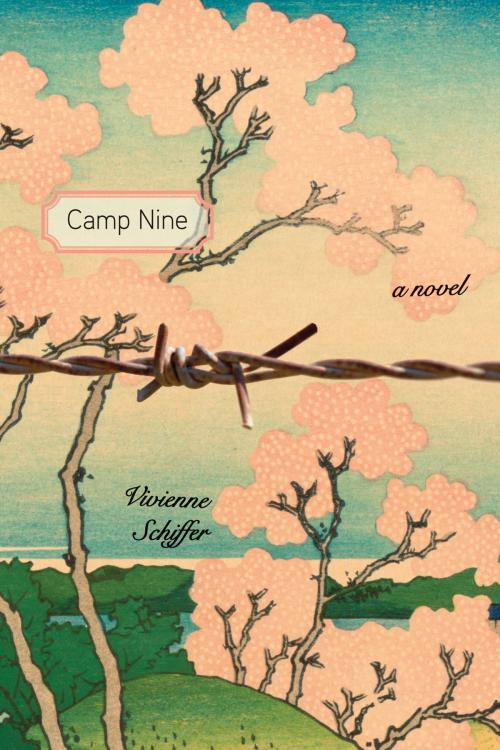| Author: | Vivienne Schiffer | ISBN: | 9781610754866 |
| Publisher: | The University of Arkansas Press | Publication: | October 1, 2011 |
| Imprint: | The University of Arkansas Press | Language: | English |
| Author: | Vivienne Schiffer |
| ISBN: | 9781610754866 |
| Publisher: | The University of Arkansas Press |
| Publication: | October 1, 2011 |
| Imprint: | The University of Arkansas Press |
| Language: | English |
On February 19, 1942, President Franklin D. Roosevelt signed Executive Order 9066 authorizing the secretary of war to prescribe military zones “from which any or all persons may be excluded.” Eventually this order was applied to one-third of the land area in the United States, mostly in the West, clearing the way for the relocation of 120,000 people of Japanese descent. This time of fear and prejudice (the U.S. government formally apologized for the relocations in 1982 after determining they were not a military necessity) and the Arkansas Delta are the setting for Camp Nine. The novel’s narrator, Chess Morton, lives in tiny Rook, Arkansas. Her days are quiet and secluded until the appearance of a relocation center built for what was in effect the imprisonment of thousands of Japanese Americans. Chess’s life becomes intertwined with those of two young internees, and that of an American soldier mysteriously connected to her mother’s past. As Chess watches the struggles and triumphs of these strangers and sees her mother seek justice for these people who came briefly and involuntarily to call the Arkansas Delta their home, she discovers surprising and disturbing truths about her family’s painful past.
On February 19, 1942, President Franklin D. Roosevelt signed Executive Order 9066 authorizing the secretary of war to prescribe military zones “from which any or all persons may be excluded.” Eventually this order was applied to one-third of the land area in the United States, mostly in the West, clearing the way for the relocation of 120,000 people of Japanese descent. This time of fear and prejudice (the U.S. government formally apologized for the relocations in 1982 after determining they were not a military necessity) and the Arkansas Delta are the setting for Camp Nine. The novel’s narrator, Chess Morton, lives in tiny Rook, Arkansas. Her days are quiet and secluded until the appearance of a relocation center built for what was in effect the imprisonment of thousands of Japanese Americans. Chess’s life becomes intertwined with those of two young internees, and that of an American soldier mysteriously connected to her mother’s past. As Chess watches the struggles and triumphs of these strangers and sees her mother seek justice for these people who came briefly and involuntarily to call the Arkansas Delta their home, she discovers surprising and disturbing truths about her family’s painful past.















